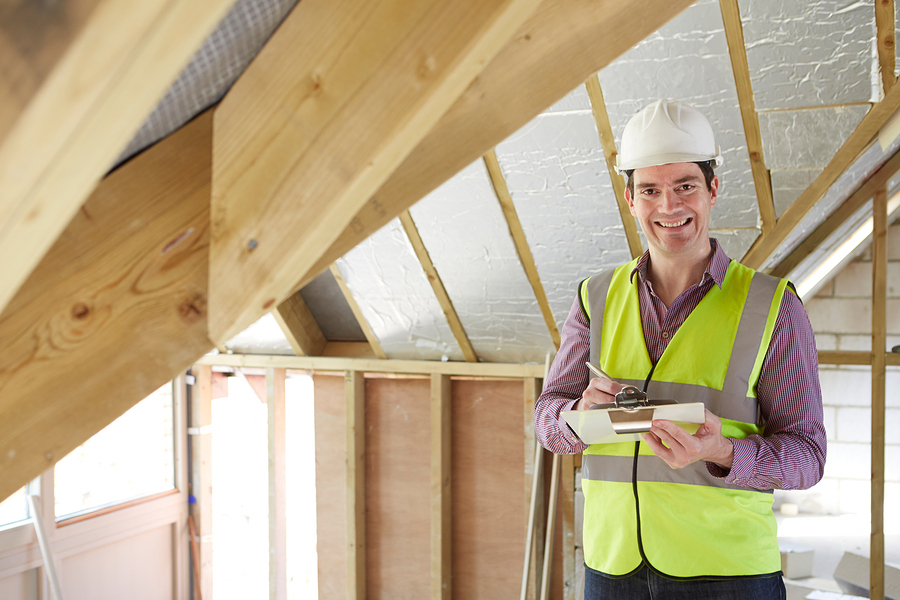What To Expect In A Home Inspector Course

With the real estate market recovering from its past slumps, it suddenly doesn’t seem such a bad idea to get started in a career in that particular field. One occupation in particular can always use more warm bodies. Not only is it needed as a part of the home purchasing process, but it’s also useful to have for remodeling and other home improvement projects.
We’re referring here to home inspectors, of course. A home inspection needs to be done before a financial institution will give a buyer a mortgage, which makes it a critical part of home buying. But home inspectors are also useful for checking out a contractor’s work, making sure that the repairs or remodeling were done properly. That’s an especially useful thing for homeowners who aren’t familiar with the contractor; it eliminates much of the uncertainty.
The important role of a home inspector is the reason why in most states a random yahoo can’t just slap a “home inspector” cap on their heads, borrow a flashlight and clipboard, and declare themselves open for business. Home inspectors need to be licensed in many states, and for that license you need training, and that’s where home inspection courses come in.
So, what can you expect in a home inspector course?
The article “Your Home Inspection Course: What to Expect” points out that a good home inspector training course shows you what an average day for a home inspector looks like. That covers things like the physical demands of the job (as well as what you’re not obligated to do), how many inspections are done per day, and the likelihood of making home inspection a full-time job.
The heart of the home inspector’s job is the almighty report, the paperwork that breaks down the condition of the structure in question, including what needs to be repaired. That’s the document that the prospective buyer and lender both want and need. The course teaches you how to write up this important paperwork.
A home inspector course also covers the legal and ethical obligations, the do’s, dont’s, and nevers of the job. Many of these guidelines fall under the Standards of Practice, and there are variations between states.
The course also should cover miscellanies such as insurance, marketing, and pre-inspection agreements.
As a home inspector, you’re expected to be thorough. As a result, you will be taught about the following:
Roofing (terms, materials, defects)
Structure (beams, joists, foundations)
Exteriors (trim, porches, steps, decks)
Interiors (rooms, appliances, insulation)
Plumbing (drainage, pipes, faucets, water heating)
Heating/Air Conditioning (heating and cooling systems, fireplaces, chimneys)
Electrical (outlets, switches, panels, smoke alarms, wire types, and materials)
A good course also covers things like radon and mold, things that the average person doesn’t give too much thought on, but can cause problems down the road.
It may seem like a lot, but you have to bear in mind that there’s a lot that can go wrong with a property. Anyone who wants to be a home inspector with a good reputation needs to immerse themselves in the topic and become an expert. Even if you work in a state that doesn’t require certification or a significant degree of formal training, people will inevitably seek out that one person who knows their stuff.
It’s an investment, sure, but in the long run, it pays off.
